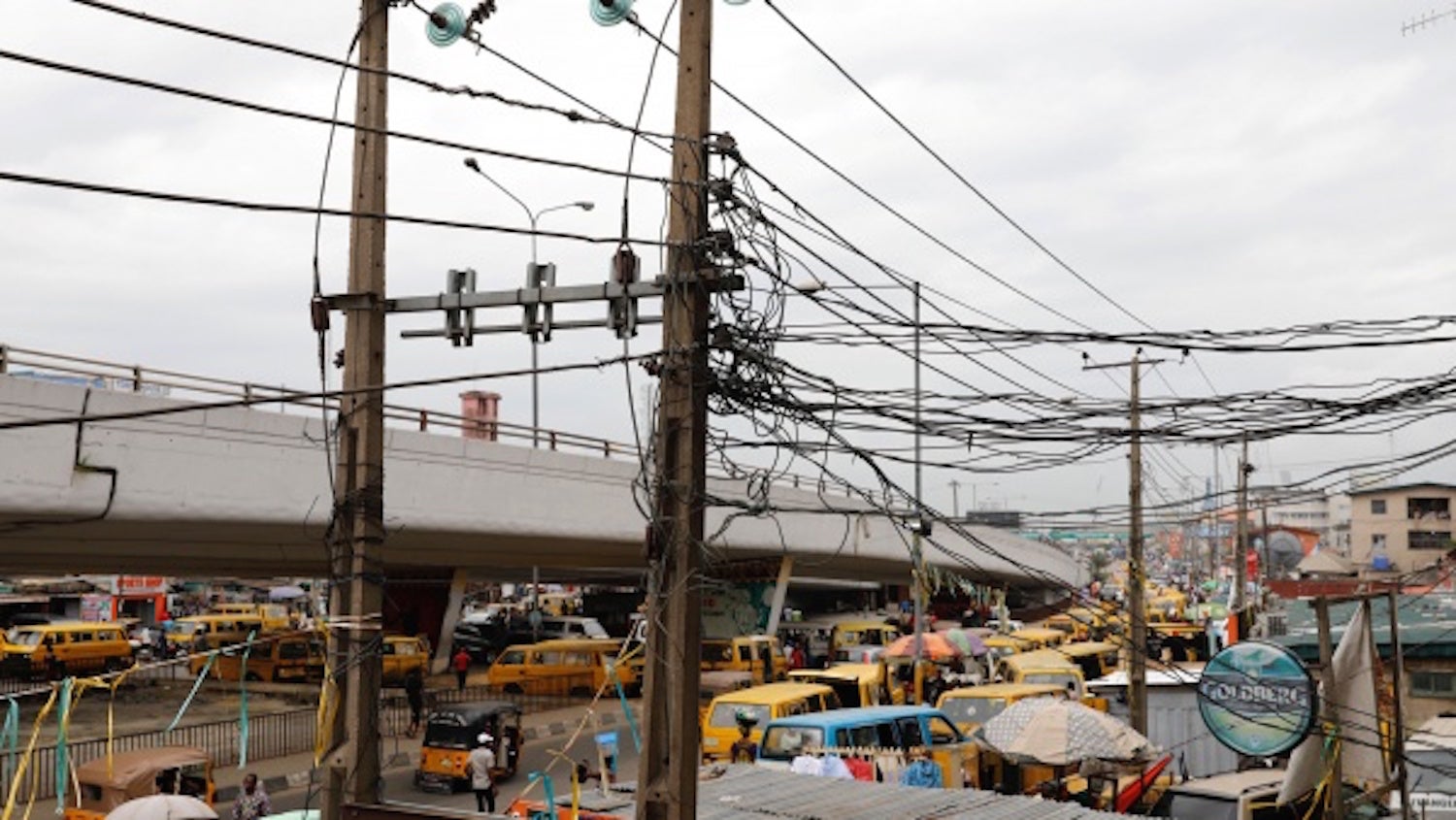Nigerians will pay much higher tariff for power in 2021, going by promises made by the federal government to the International Monetary Fund while seeking the $3.4bn emergency financial assistance recently approved for Nigeria.
The executive board of the IMF approved the Rapid Financing Instrument, which the Federal Government plans to use to address the economic impact of the COVID-19 pandemic in the country, on April 28.
A Letter of Intent, jointly signed by the Zainab Ahmed, finance minister, and Godwin Emefiele, the governor of Central Bank of Nigeria, and addressed to the IMF managing director, Kristalina Georgieva, indicated that the federal government made a number of promises to the fund in order to secure the financial assistance.
One of the promises, or commitments, which the government made in a bid to assure the executive board of the IMF of its readiness to reposition the Nigerian economy after the pandemic, is that Nigerians would pay full cost-reflective tariff for power in 2021.
The federal government also told the IMF it intends to cap electricity tariff shortfalls to N380bn in 2020.
“We are also advancing in our power sector reforms – with technical assistance and financial support from the World Bank – including through capping electricity tariff shortfalls this year to N380bn and moving to full cost-reflective tariffs in 2021,” the Federal government said in the letter.
On January 4, the Nigerian Electricity Regulatory Commission approved an increase in electricity tariff for the 11 electricity distribution companies in Nigeria.
It, however, could not implement the tariff increase after labour unions, lawmakers and other Nigerians kicked against the move, which would have commenced on April 1, 2020.
Although the NERC-reviewed tariff was not cost-reflective enough as required by power distributors, it showed that Nigerians would definitely pay more for electricity if it had been implemented.
This, therefore, implies that once the government enforces the payment of full cost-reflective tariff, in line with the promise to the IMF, power users might pay far higher than what was projected in NERC’s recent tariff review.
The commission had explained that its directive on the January 2020 tariff regime for different Discos superseded the earlier one issued on the subject matter.
According to details of the review published by the commission in January, for the Abuja Electricity Distribution Company, residential customers in R3 category who were paying N27.20 per unit would have been paying N47.09, had the regime started on April 1, 2020.



